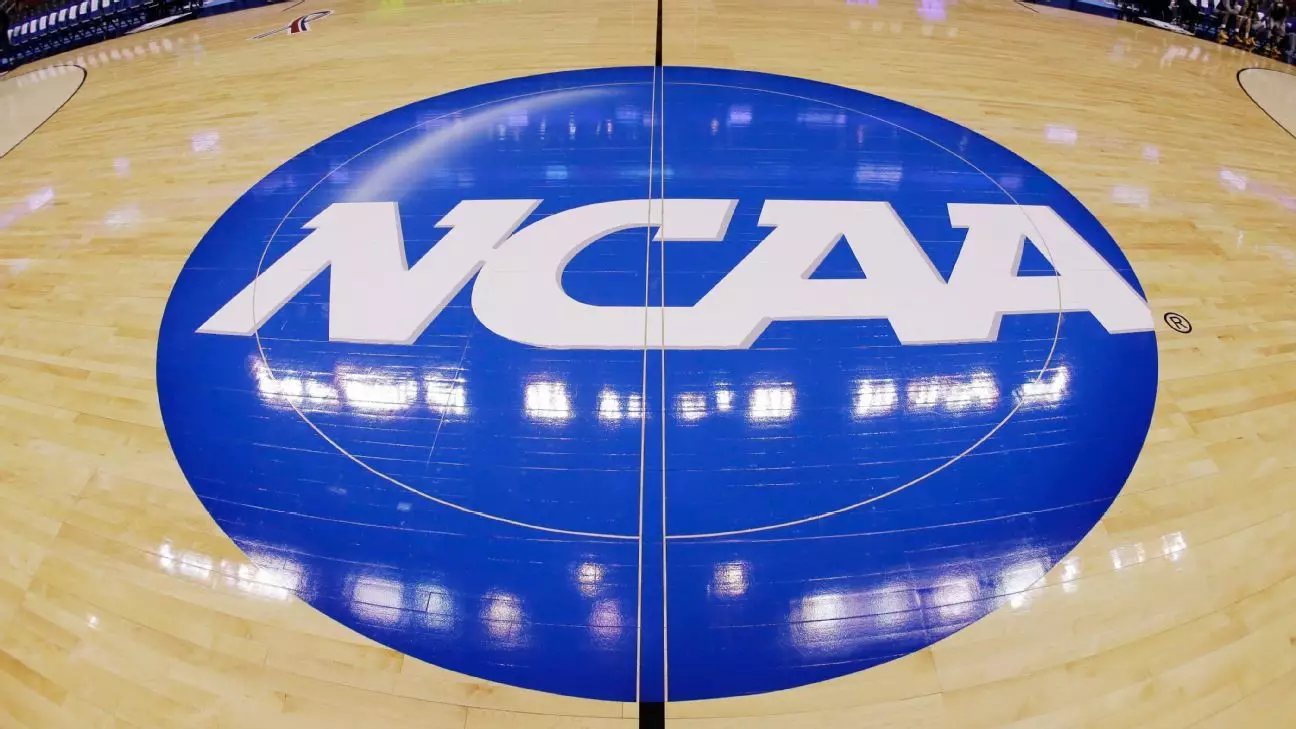In a groundbreaking turn of events, federal judge Claudia Wilken has laid a hefty challenge at the feet of the NCAA and its member institutions regarding the proposed multibillion-dollar settlement that stands to fundamentally alter the collegiate sports landscape. The settlement, rooted in longstanding allegations of antitrust violations against the NCAA, has the potential to reshape the financial destinies of student-athletes—yet it comes with a caveat that threatens to derail its approval. Wilken has raised valid concerns about the immediate implementation of roster limits, which could leave many current athletes out in the cold.
This situation serves as a reminder that the journey for fair compensation in college athletics is fraught with difficult decisions that reflect both economic pragmatism and ethical considerations regarding student welfare. Wilken’s insistence on safeguarding current athletes highlights an essential point: the NCAA must not prioritize institutional rules over the lives of individual student-athletes.
Economic Dynamics at Play
The complexity of this settlement cannot be understated. The NCAA has positioned this settlement as a vehicle for progress that would create unprecedented opportunities for student-athletes. However, the implications of implementing roster limits against the backdrop of an expansive payment system raises questions about equity and access. While some may argue that limiting roster sizes is necessary to avoid a monopoly of talent on teams, the reality is that it jeopardizes the futures of athletes who have invested years into their sports.
The notion that a school’s ability to cut current players can fit neatly into a framework of fairness and stability is, at best, disingenuous. As Wilken aptly pointed out, the disruption resulting from such cuts is a direct consequence of the NCAA’s unyielding stance and organizational inertia. History has demonstrated how institutional decisions often prioritize profit margins over the well-being of individuals. This lawsuit could serve as a crucial turning point, yet it risks becoming just another episode in the NCAA’s storied legacy of prioritizing its own interests.
Voices from the Frontlines
As we dissect the implications of this ongoing saga, it’s important to amplify the voices of those directly affected. Athletes like Gannon Flynn have bravely stepped forward to share their stories, shedding light on the all-too-real consequences of these potential roster limits. Flynn’s situation epitomizes what many current athletes face—career-ending uncertainty due to bureaucratic decision-making. Furthermore, it showcases the importance of allowing for a grandfathering period that respects the efforts and commitments of those already enrolled.
Wilken’s suggestion to delay the implementation of roster limits to preserve current athlete slots is not merely a administrative adjustment—it’s a moral and ethical necessity. To disregard the stakes for countless young individuals chasing their dreams represents a failure not only of the NCAA but of society as a whole. When the system prioritizes regulatory efficiency over human impact, we are left asking: at what cost do we pursue this efficiency?
The Bigger Picture: Fairness and Integrity
The larger narrative surrounding this settlement forces us to confront the ethical dilemmas associated with commercializing amateur sports. The ongoing fight against the NCAA’s restrictive practices signifies a broader cultural shift toward recognizing athletes as stakeholders rather than mere commodities within a profit-driven machine.
It’s disheartening to witness a powerful organization negotiate terms that disregard the personal stakes of its athletes. The NCAA’s current framework perpetuates an environment where the plight of student-athletes is often overlooked amidst high-stakes negotiations and the sport’s commercial interests. The proposed settlement should have been a cause for celebration, a progressive step toward ensuring better compensation and support for athletes. Instead, it has evolved into a contentious battleground marked by infighting and the specter of joblessness for many young talents.
Navigating the Future of College Sports
As we witness this critical juncture, it is imperative that all stakeholders, including institutions, athletes, and the NCAA, engage in a fair dialogue aimed at ensuring an equitable environment. The potential benefits of the settlement should not overshadow the ethical implications of the proposed limitations on roster sizes. Both sides must recognize that sustainable solutions can only emerge through collaboration, transparency, and a commitment to prioritizing the welfare of student-athletes.
In nature, every ecosystem relies on balance; similarly, the world of college athletics requires a restructuring that emphasizes fairness and integrity over profit and power. As we navigate this contentious chapter, let us hope that the NCAA recognizes the urgency for reform and the moral implications of its choices. The path forward is fraught with challenges, but together, progress is within reach.

Leave a Reply